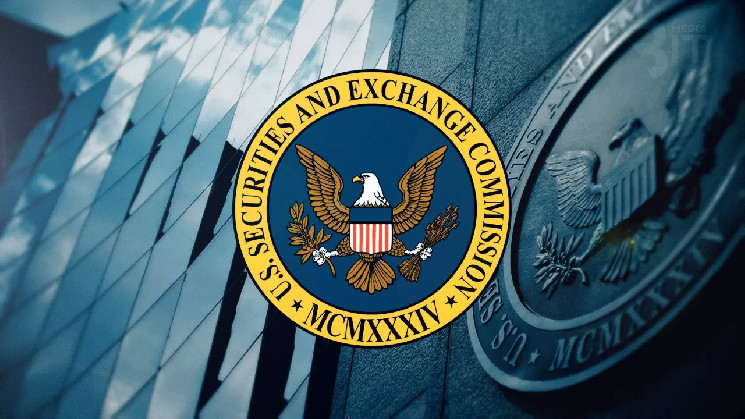The SEC Hosts Crypto Task Force Roundtable to Define Securities in the Digital Asset Space
The U.S. Securities and Exchange Commission (SEC) recently organized a roundtable discussion with securities attorneys and cryptocurrency experts to address the ongoing question of how to define a security in the digital asset realm.
Reevaluating SEC’s Regulatory Approach
The roundtable, which took place at the SEC headquarters in Washington, convened a panel of legal professionals and industry insiders to deliberate on the agency’s evolving regulatory strategies. Criticisms of the previous administration’s “regulation by enforcement” method, which was deemed to hinder innovation and lacked clarity, were brought to light.
Miles Jennings, General Counsel of a16z Crypto, expressed dissatisfaction with the SEC’s prior regulatory endeavors, asserting that they fell short of the agency’s core objectives of safeguarding investors, facilitating capital formation, and enhancing market efficiency.
“The previous administration’s approach to the industry did not achieve any of the SEC’s goals,” Jennings remarked. “It is evident that the current approach has been ineffective, and we must strive for improvement.”
Following the departure of former Chairman Gary Gensler and the new administration’s inception, the SEC’s stance has undergone a transformation. Under Acting Chairman Mark Uyeda, the agency has signified a fresh beginning. Commissioner Hester Peirce, a longstanding advocate of cryptocurrency, was appointed to lead the newly established crypto task force.
“This marks a recalibration of the Commission’s approach to crypto regulation,” Peirce stated at the roundtable.
Defining a Security in the Crypto Space
During the roundtable, a pivotal topic of discussion revolved around the definition of a security. Rodrigo Seira, a special counsel at Cooley LLP, contended that mere investment intent does not inherently classify an asset as a security.
“Merely possessing an investment intent behind the acquisition does not equate to it being a security,” Seira explained, drawing parallels to purchasing artwork, where an individual can appreciate the piece and acknowledge its potential value appreciation without it being categorized as a security.
However, John Reed Stark, founder of John Reed Stark Consulting LLC and a vocal critic of cryptocurrencies, offered a differing viewpoint. He argued that a majority of crypto buyers are investors, emphasizing the SEC’s obligation to safeguard them. While conceding the necessity for regulatory enhancements, Stark underscored the significance of upholding investor confidence.
*This article is for informational purposes only and does not constitute investment advice.

